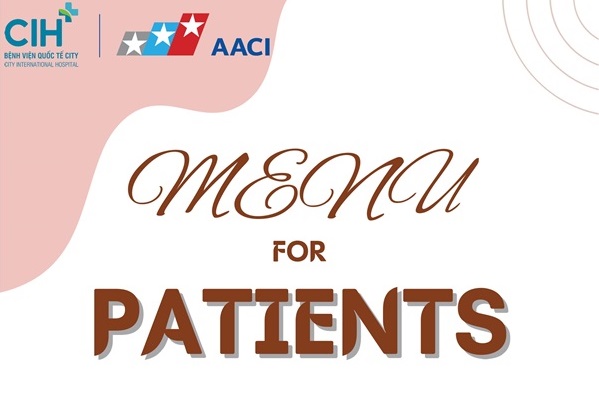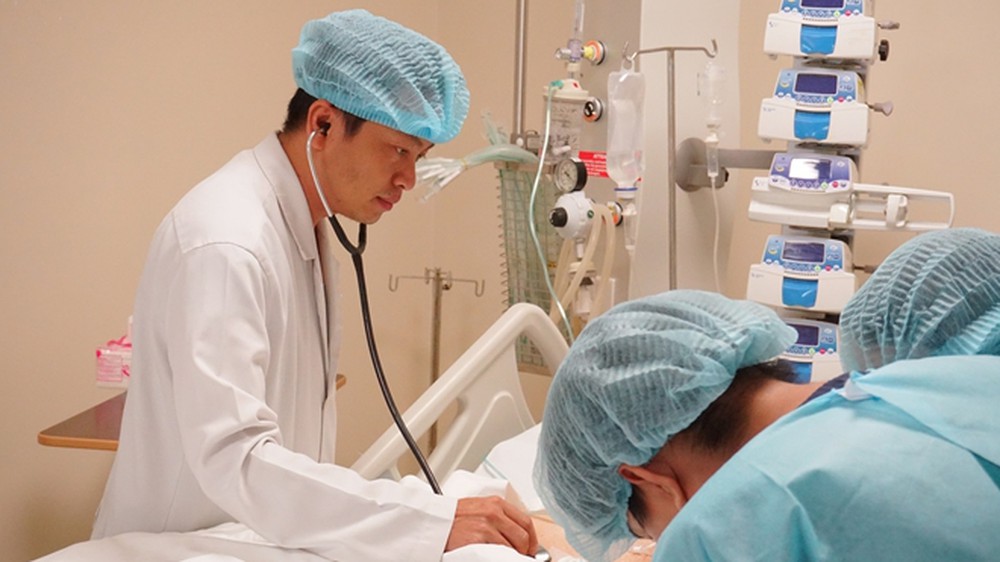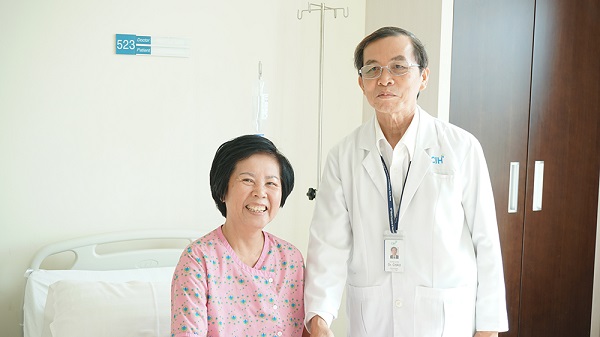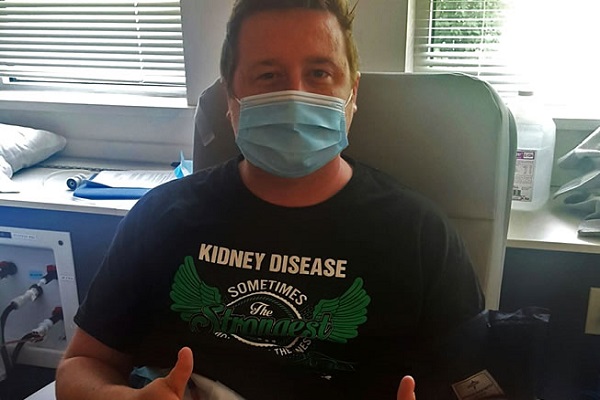According to Dr. Le Duc Tho, Dermatology, City International Hospital, hypertension is a major global health problem due to its high prevalence, often inappropriate treatment and significant cardiovascular complications.
JNC 8 - Joint National Committee 8) recommends that thiazide diuretics are the leading antihypertensive drugs because they are effective, inexpensive and relatively safe. Thiazide has been widely prescribed worldwide, 22.4-27.6% of patients with hypertension in the United States were prescribed thiazide diuretics or thiazide combination drugs from 2001-2010.
However, thiazide diuretics have light-sensitive properties and the question of how they affect skin cancer risk is still neglected.
Skin cancer is a very common malignant skin disease, with an estimated 1 in 5 Americans developing skin cancer in their lifetime. Studies have shown that light sensitivity caused by the drug to the skin when exposed to ultraviolet radiation (UV) will trigger abnormal skin reactions and increase the risk of skin cancer. There is evidence that the use of certain light-sensitive diuretics may be associated with an increased risk of squamous cell carcinoma (SCC), malignant melanoma ( melanoma malignant - MM).
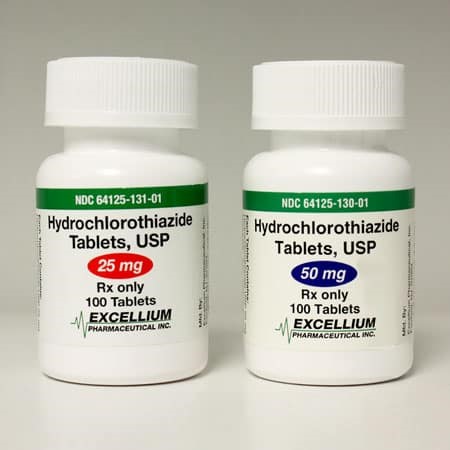
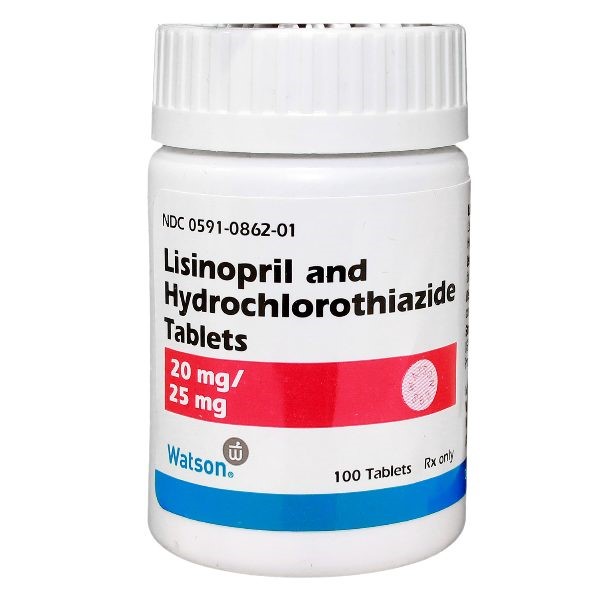
HYDROCHLOROTHIAZIDE. HYDROCHLOROTHIAZIDE + LISINOPRIL.
Result
The use of thiazide diuretics is associated with an increased risk of SCC - squamous cell carcinoma (aOR, 1.86; 95% confidence interval (CI), 1.23 - 2.80); slightly increased risk of basal cell carcinoma (aOR, 1.19; 95% CI, 1.02 - 1.38) and melanoma (aOR, 1.14; 95% CI, 1.01 - 1.29).
Although the exact mechanism of the association between thiazide and skin cancer is still unclear, drugs with a photochemical stimulating effect are thought to play a major role. Thiazide is a sulfonamid-derived drug that can cause photosensitivity reactions. UV radiation causes the dissociation of chlorinated substituents in the chemical structure of thiazides, causing free radical reactions and the formation of ROS to damage lipid and DNA membranes. In addition, a recent experimental study demonstrated that hydrochlorothiazide or a combination of hydrochlorothiazide significantly enhanced the destruction of DNA caused by UV-A rays by stimulating the production of thymine-thymine and cyclobutane pyrimidine. molecules and cells leading to skin cancer.
The light sensitivity hypothesis is further supported by previous clinical observations of psoriasis patients treated with Psoralens and UV-A photochemical therapy (PUVA). Several studies have demonstrated that drug-induced light sensitivity to the skin and subsequent exposure to UV radiation increase the risk of skin cancer. This increased risk was most pronounced for SCC squamous cell carcinoma and was strongly associated with cumulative UV doses.
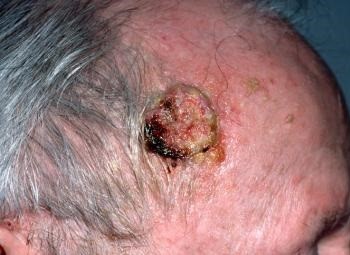
Squamous Cell Carcinoma
In the subgroup meta-analysis, long-term thiazide use (> 5 years) was associated with an increased risk of SCC and the risk of SCC among long-term thiazide users was 1.7 times compared with thiazide users according to the stage of the disease.
However, the impact of individual risk factors on skin cancer such as skin color, amount of sun exposure or family history ... has not been fully considered in this meta-analysis. .
In Conclusion
Research results show that the use of thiazide diuretics may be associated with an increased risk of skin cancer. This relationship is most evident between the use of hydrochlorothiazide or a combination of hydrochlorothiazide and SCC risk of squamous cell carcinoma compared to other skin cancers. Further studies are needed to confirm these findings.
Dr. Le Duc Tho - Dermatology, City International Hospital
For appointment or more information about medical services provided by City International Hospital
- Operator: (8428) 6280 3333, ext. 0
- Address: No. 3, 17A Street, Binh Tri Dong B Ward, Binh Tan Dist. (Next to AEON Mall Binh Tan). Ho Chi Minh City.
- Website: https://cih.com.vn/en/
- Email: This email address is being protected from spambots. You need JavaScript enabled to view it.
- FB page: https://www.facebook.com/BenhVienQuocTeCity
Pharmacity Clinic (Managed by City International Hospital)
- Clinic location: 44 Quoc Huong, Thao Dien, District 2, Ho Chi Minh City.
- Helpline: (028) 700 3350 - 093 357 6086
- Clinic hours: 7:30 a.m. - 8:30 p.m.
- Consultation fee: 70,000 dong per visit.
Disclaimer:
As a service to our readers, City International Hospital (CIH) provides access to our library of archived content. Please note the date of last review on all articles. No content on this site, regardless of date, should ever be used as a substitute for direct medical advice from your doctor or other qualified clinician.

















